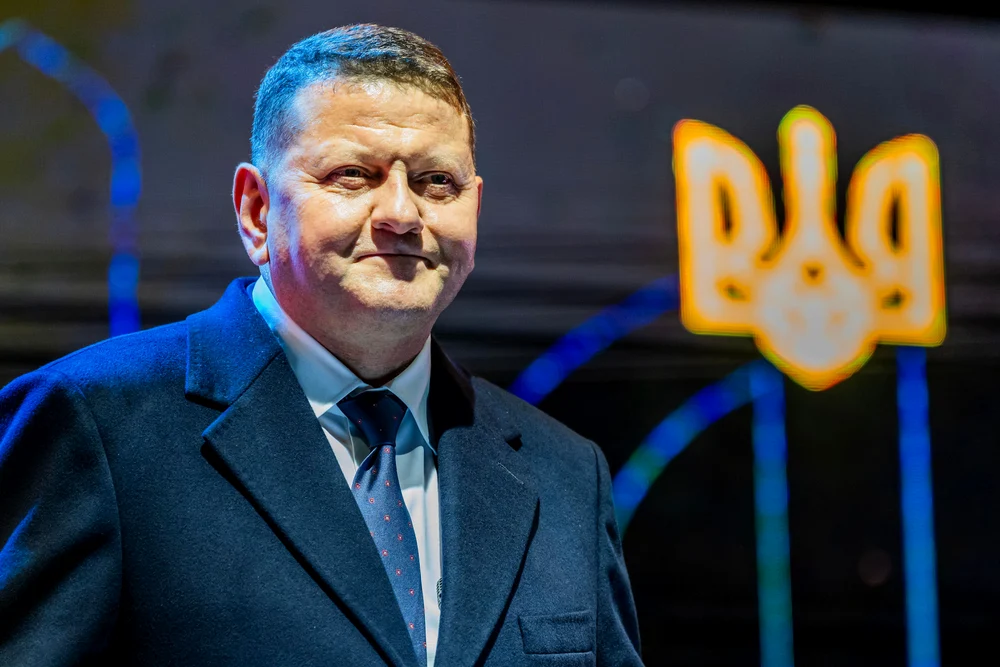Valerii Zalujnîi, the Ukrainian ambassador to London, did not come up with conspiracy theories, but with a cold observation: The Kremlin is turning diplomacy into a trap. In a text for The New York Post, he accuses Moscow of using the “exhaustion tactic” – negotiations not as a space for dialogue, but as an extension of the war.
“Russian negotiators, like their generals, aim to exhaust and confuse you. We have been fighting for survival for 11 years. And yet, some in the West ask us to negotiate with people who came to kill us”, writes Zalujnîi, without mincing words.
Two nuances overlooked in the West
The diplomat pointed out two observations that, he says, the West overlooks: the stake is not just Ukraine – it’s Europe’s security; and any “peace” that rewards aggression becomes an invitation to new wars. In short: premature concessions to Moscow are not solutions, but catalysts for new conflicts.
Zalujnîi warns that Russia only sits down at the negotiating table when it is pressured – and that is why hasty calls for a broad and quick agreement are “dangerously premature”. “True peace means that you do not sign on paper while Russian missiles are still killing civilians”, he emphasizes.
Old lessons, new tactics
The ambassador is not shy to return to history: he evokes the figure of Andrei Gromyko, the former Soviet foreign minister, the man who, Zalujnîi says, laid the foundations of the strategy of procrastination and wearing down the adversary. The result? The same practice continued today by Sergei Lavrov: long monologues, carefully selected quotes, smoke and mirrors designed to distract attention and delay responsibility.
More directly: the Russian foreign ministry functions as an extension of the Ministry of Defense – it buys time for rearmament, cultivates division among allies and uses international institutions as a screen for aggression. Diplomacy, in this key, does not solve conflicts – it instrumentalizes them.
Details, HERE

